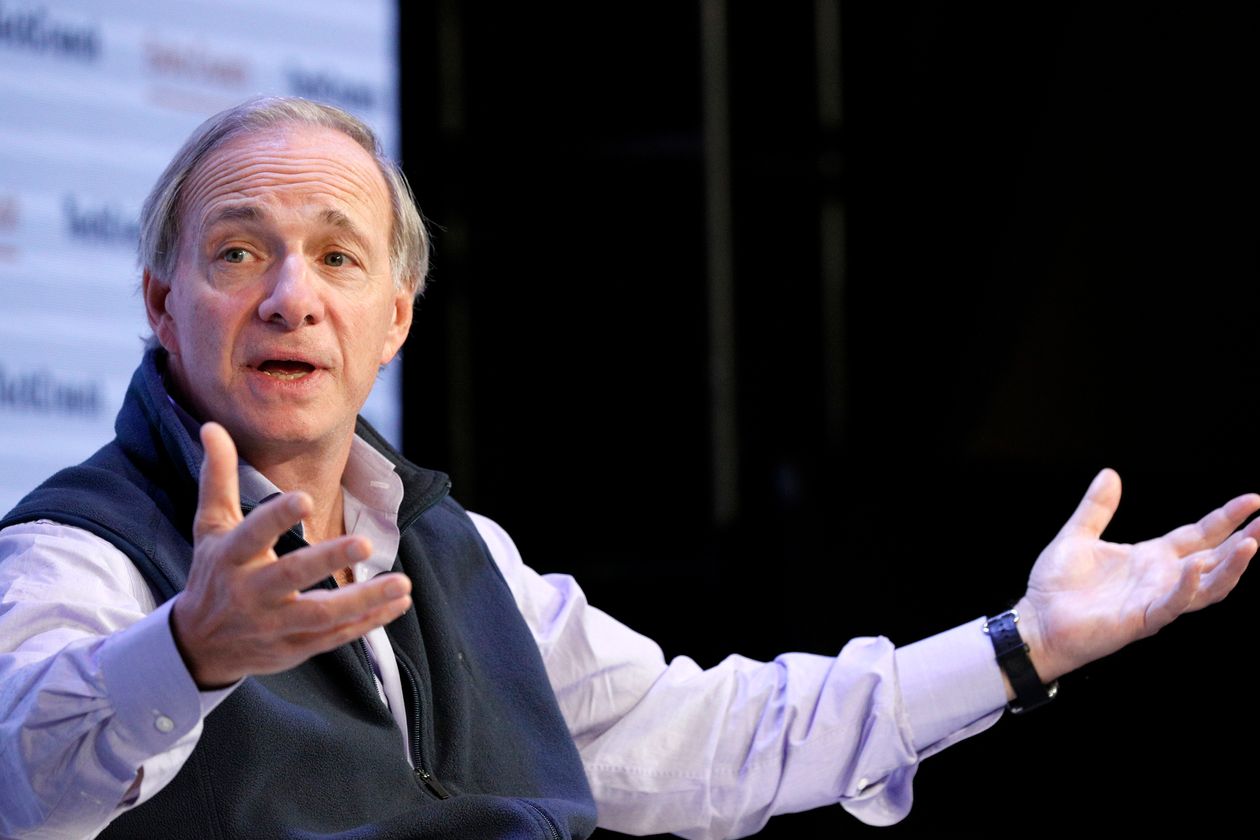Ray Dalio, the American billionaire investor who previously called Bitcoin “one hell of an invention,” recently came out with a grim prediction for the cryptocurrency. Specifically, Dalio believes that BTC could be “outlawed” by the United States government.
Indeed, Dalio said last week that “back in the ’30s in the war years ... because cash and bonds were such bad investments relative to other things, there was the movement to those other things, and then the government outlawed them,” Dalio told Yahoo Finance. “They outlawed gold.”
Dalio believes that this is why “outlawing Bitcoin is a good probability.”
Did the Us Government Really Outlaw Gold in the 1930s?
The US government’s motion to 'outlaw gold' in the 1930s was made because of the disastrous state of the economy during the Great Depression. The motion in question, Executive Order 6102, was signed on April 5, 1933, by US President Franklin D. Roosevelt "forbidding the hoarding of gold coin, gold bullion and gold certificates within the continental United States."
Why did the US government do this? At the time, the reason that was given was essentially that the 'hoarding' of gold that was caused by the depression had stalled economic growth and worsened the overall situation. Essentially, the US government wanted to get the gold out of the hands of private citizens and into the Federal Reserve.
While outlawing the 'hoarding' of gold was part of Executive Order 6102, many historians have pointed out that the order’s main function was actually to remove the constraint on the Federal Reserve that had previously prevented it from increasing the money supply. Increasing the supply of USD has also been a key part of the US government’s COVID relief strategy.
Ray Dalio explained that: “every country treasures its monopoly on controlling the supply and demand. They don’t want other monies to be operating or competing, because things can get out of control.”
Does the Government Have the Power to Effectively Ban Bitcoin?
Indeed, “So I think that it would be very likely that you will have it under a certain set of circumstances outlawed the way gold was outlawed,” Dalio said.
Would it be possible for the government to ban Bitcoin? Perhaps. Dalio pointed out that India is considering a sort of ban on private cryptocurrency ownership.
Additionally, Dalio pointed out that because of Bitcoin’s pseudonymous nature, it may not be so difficult for the US government to determine who is holding Bitcoin. While he said that he is “not an expert” on Bitcoin’s privacy features, “there’s a whole way.”
“My understanding, from people who are in government surveillance and so on, is yes, they can track it. They can know who’s dealing with it.”
However, not everyone is convinced that the government would have the power to effectively ban Bitcoin. James Ledbetter, Editor of fintech newsletter, FIN previously told CNBC Make It that while there is a “concern or risk around Regulation ” of bitcoin, “I don’t think even a concerted effort among different countries and different central banks could actually shut down bitcoin.”
“I don’t think that’s technologically possible. But, there are ways that bitcoin could be regulated.”


















